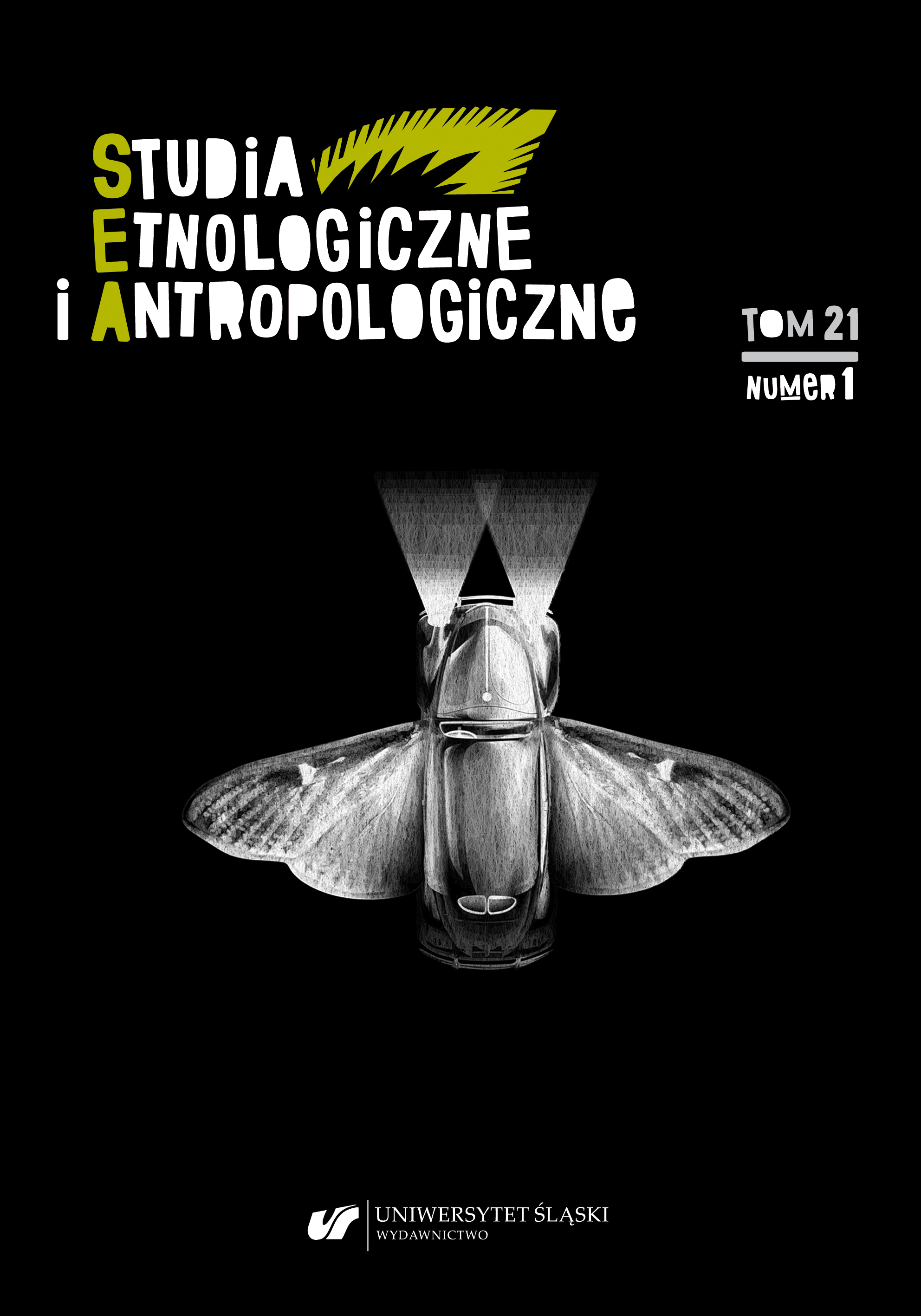Vol 21 No 1 (2021): NIGHT IN PERSPECTIVE
We would like to devote the next volume of Journal of Ethnology and Anthropology to the NIGHT category.
Night is still an underestimated object of anthropology research, constituting a methodological and theoretical challenge. Looking at our everyday life from the point of view of the 24-hour day cycle, the night is an extremely important yet still inaccurately known part of reality (enough to mention anthropologists whose research in the vast majority has concerned the day, not the night). There is no point in asking if the night can be a valuable cognitive perspective. One should rather ask: what methods should be used to investigate it or how to separate human psychophysical and cultural conditions? What is the night for a contemporary person, what purposes does it serve, what does it change? The night has always been an important part of human activity in many cultures: social and religious practices, entertainment, hygiene or trade. For instance, in Islam it is a time of many religious practices (“five scared nights” just to mention a big religious festival). In today's world the importance of night has increased even further. As a result of climate change, outbreaks of violence and aggression, overpopulation, material poverty – or quite recently – pandemic of COVID-19 –the night has become a time of various possibilities during which a person can make even a periodic correction of their life situation. Murray Melbin (1987) proposed once a conception of the night as a metaphorical frontier – a “fertile” and still undeveloped world, extremely attractive especially for a capitalistic and urban lifestyles. Although the contemporary increase in nocturnal research has complicated this picture (Gallan and Gibson 2011, Hadfield 2015, Williams 2008 and others), we can reuse this metaphor to develop a more complex view showing an increasing multiplicity of the night which is fragmented, qualitatively different and highly determined both culturally and biologically. Therefore, we encourage a multidimensional and transdisciplinary approach to the issue of night – its role, status, understanding, research perspectives, theoretical framework and terminology.
In particular, we will be interested in the following themes:
- night in the city,
- technology and night infrastructure,
- night economy and consumption,
- night conceptualizations,
- night as a natural resource,
- "nocturnal animals" and social practices,
- theorizing of the night and research perspectives,
- night as a relevant context for traditional narratives and discources.
Submission: www.journals.us.edu.pl (15 January 2021- deadline).


